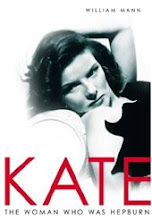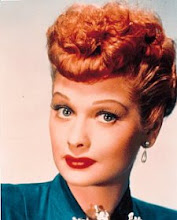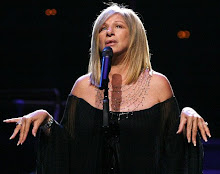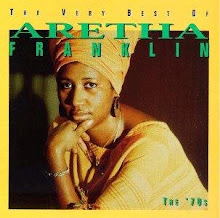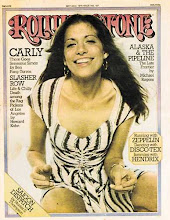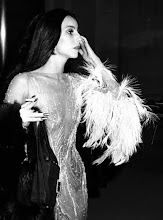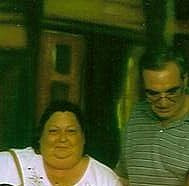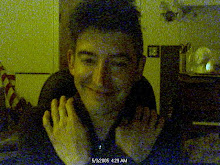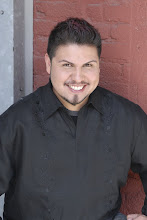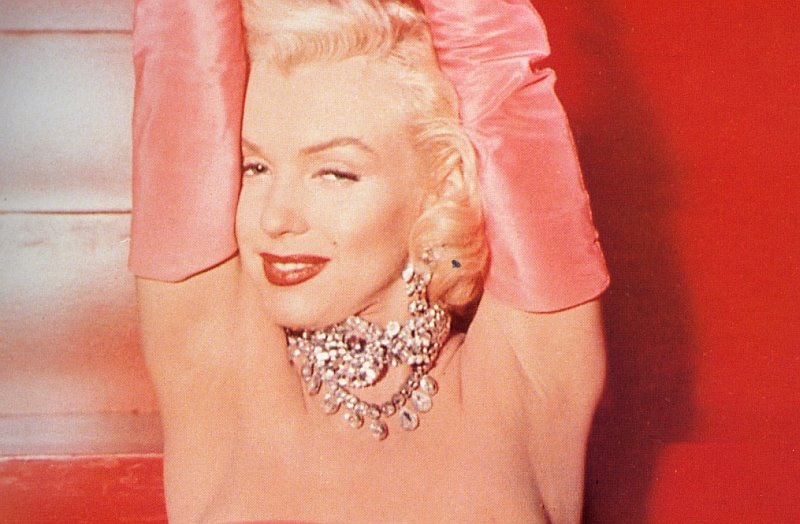Verena Dobnik AP 
NEW YORK (May 9) - Lena Horne, the enchanting jazz singer and actress who reviled the bigotry that allowed her to entertain white audiences but not socialize with them, slowing her rise to Broadway superstardom, died Sunday. She was 92.Horne died at NewYork-Presbyterian Hospital, according to hospital spokeswoman Gloria Chin. Chin would not release any other details.Horne, whose striking beauty and magnetic sex appeal often overshadowed her sultry voice, was remarkably candid about the underlying reason for her success.
"I was unique in that I was a kind of black that white people could accept," she once said. "I was their daydream. I had the worst kind of acceptance because it was never for how great I was or what I contributed. It was because of the way I looked."In the 1940s, she was one of the first black performers hired to sing with a major white band, the first to play the Copacabana nightclub and among a handful with a Hollywood contract.In 1943, MGM Studios loaned her to 20th Century-Fox to play the role of Selina Rogers in the all-black movie musical "Stormy Weather." Her rendition of the title song became a major hit and her signature piece.On screen, on records and in nightclubs and concert halls, Horne was at home vocally with a wide musical range, from blues and jazz to the sophistication of Rodgers and Hart in songs like "The Lady Is a Tramp" and "Bewitched, Bothered and Bewildered."In her first big Broadway success, as the star of "Jamaica" in 1957, reviewer Richard Watts Jr. called her "one of the incomparable performers of our time." Songwriter Buddy de Sylva dubbed her "the best female singer of songs."But Horne was perpetually frustrated with the public humiliation of racism."I was always battling the system to try to get to be with my people. Finally, I wouldn't work for places that kept us out ... it was a damn fight everywhere I was, every place I worked, in New York, in Hollywood, all over the world," she said in Brian Lanker's book "I Dream a World: Portraits of Black Women Who Changed America."While at MGM, she starred in the all-black "Cabin in the Sky," in 1943, but in most of her other movies, she appeared only in musical numbers that could be cut in the racially insensitive South without affecting the story. These included "I Dood It," a Red Skelton comedy, "Thousands Cheer" and "Swing Fever," all in 1943; "Broadway Rhythm" in 1944; and "Ziegfeld Follies" in 1946."Metro's cowardice deprived the musical of one of the great singing actresses," film historian John Kobal wrote.Early in her career Horne cultivated an aloof style out of self-preservation, becoming "a woman the audience can't reach and therefore can't hurt" she once said.Later she embraced activism, breaking loose as a voice for civil rights and as an artist. In the last decades of her life, she rode a new wave of popularity as a revered icon of American popular music.Her 1981 one-woman Broadway show, "Lena Horne: The Lady and Her Music," won a special Tony Award. In it, the 64-year-old singer used two renditions - one straight and the other gut-wrenching - of "Stormy Weather" to give audiences a glimpse of the spiritual odyssey of her five-decade career.A sometimes savage critic, John Simon, wrote that she was "ageless. ... tempered like steel, baked like clay, annealed like glass; life has chiseled, burnished, refined her."When Halle Berry became the first black woman to win the best actress Oscar in 2002, she sobbed: "This moment is for Dorothy Dandridge, Lena Horne, Diahann Carroll. ... It's for every nameless, faceless woman of color who now has a chance because this door tonight has been opened."Lena Mary Calhoun Horne, the great-granddaughter of a freed slave, was born in Brooklyn June 30, 1917, to a leading family in the black bourgeoisie. Her daughter, Gail Lumet Buckley, wrote in her 1986 book "The Hornes: An American Family" that among their relatives was a college girlfriend of W.E.B. Du Bois and a black adviser to Franklin D. Roosevelt.Dropping out of school at 16 to support her ailing mother, Horne joined the chorus line at the Cotton Club, the fabled Harlem night spot where the entertainers were black and the clientele white.She left the club in 1935 to tour with Noble Sissle's orchestra, billed as Helena Horne, the name she continued using when she joined Charlie Barnet's white orchestra in 1940.A movie offer from MGM came when she headlined a show at the Little Troc nightclub with the Katherine Dunham dancers in 1942.Her success led some blacks to accuse Horne of trying to "pass" in a white world with her light complexion. Max Factor even developed an "Egyptian" makeup shade especially for the budding actress while she was at MGM.But in his book "Gotta Sing Gotta Dance: A Pictorial History of Film Musicals," Kobal wrote that she refused to go along with the studio's efforts to portray her as an exotic Latin American."I don't have to be an imitation of a white woman that Hollywood sort of hoped I'd become," Horne once said. "I'm me, and I'm like nobody else."Horne was only 2 when her grandmother, a prominent member of the Urban League and the National Association for the Advancement of Colored People, enrolled her in the NAACP. But she avoided activism until 1945 when she was entertaining at an Army base and saw German prisoners of war sitting up front while black American soldiers were consigned to the rear.That pivotal moment channeled her anger into something useful.She got involved in various social and political organizations and - along with her friendship with Paul Robeson - got her name onto blacklists during the red-hunting McCarthy era.By the 1960s, Horne was one of the most visible celebrities in the civil rights movement, once throwing a lamp at a customer who made a racial slur in a Beverly Hills restaurant and in 1963 joining 250,000 others in the March on Washington when Martin Luther King Jr. gave his "I Have a Dream" speech. Horne also spoke at a rally that same year with another civil rights leader, Medgar Evers, just days before his assassination.It was also in the mid-'60s that she put out an autobiography, "Lena," with author Richard Schickel.The next decade brought her first to a low point, then to a fresh burst of artistry.She had married MGM music director Lennie Hayton, a white man, in Paris in 1947 after her first overseas engagements in France and England. An earlier marriage to Louis J. Jones had ended in divorce in 1944 after producing daughter Gail and a son, Teddy.In the 2009 biography "Stormy Weather," author James Gavin recounts that when Horne was asked by a lover why she'd married a white man, she replied: "To get even with him."Her father, her son and her husband, Hayton, all died in 1970-71, and the grief-stricken singer secluded herself, refusing to perform or even see anyone but her closest friends. One of them, comedian Alan King, took months persuading her to return to the stage, with results that surprised her."I looked out and saw a family of brothers and sisters," she said. "It was a long time, but when it came I truly began to live."And she discovered that time had mellowed her bitterness."I wouldn't trade my life for anything," she said, "because being black made me understand."
Filed under:
Nation,
Entertainment



































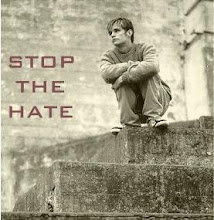




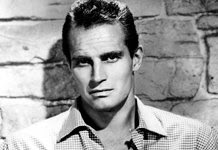

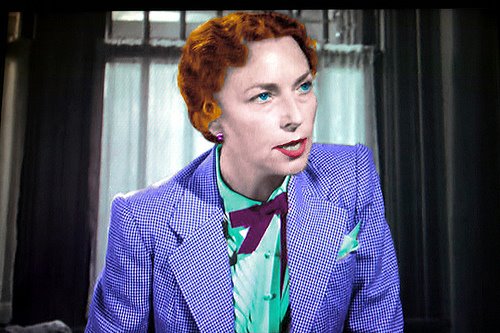



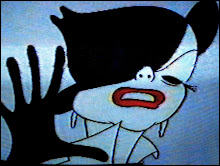.jpg)

